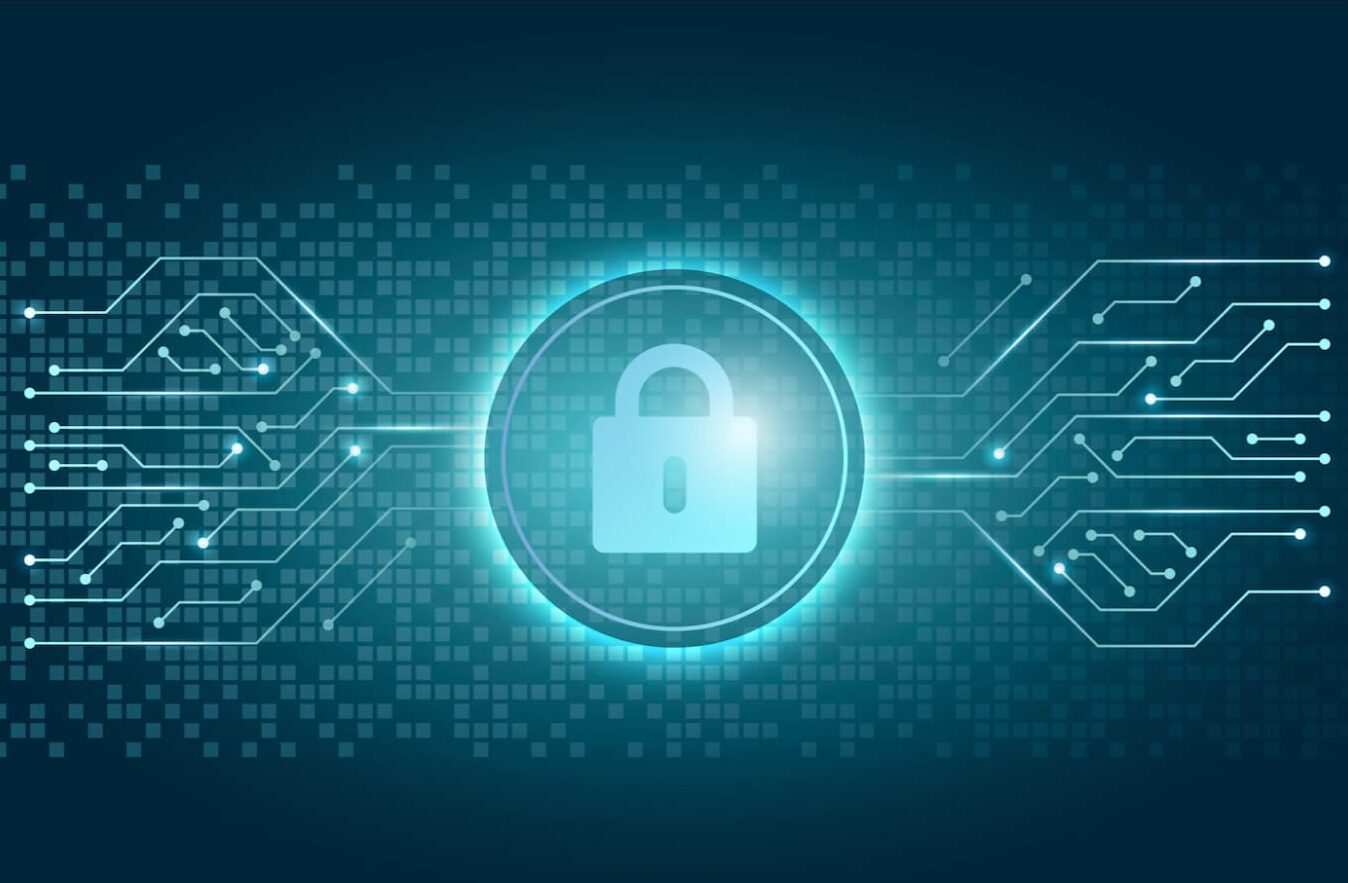In the world of cybersecurity, key rotation is a hot topic. But what is key rotation? This article will discuss the importance of key rotation and some potential drawbacks to not rotating your keys properly.
What Is Key Rotation?
Key rotation, also known as key management or key cycling, is the practice of regularly changing cryptographic keys. The U.S. National Institute of Standards and Technology (NIST) recommends that cryptographic keys be changed at least every three years or sooner if there are indications that the key may have been compromised.
Managing SSH Keys
SSH keys are a secure way to log into a remote server. They offer an alternative to using a password, which an attacker can guess or crack. Managing SSH keys is a much more secure way to take care of your security. However, like any security measure, they are not foolproof. That’s why it’s important to rotate your SSH keys regularly.
How SSH Keys Work
SSH keys are created using a public-private key pair. The private key is kept on the server, while the public key is stored on the client. When the client wants to log into the server, it uses the public key to encrypt a login request. The server then uses the private key to decrypt the request and verify that it came from the client. If everything checks out, the server allows the client to log in.
Why You Should Rotate Your SSH Keys
Even though SSH keys are more secure than passwords, they are not impervious to attack. If an attacker gets their hands on your private key, they can use it to log into your servers without needing a password. That’s why it’s important to change your SSH keys periodically. By rotating your keys regularly, you make it much harder for an attacker to gain access to your servers.

Why is Key Rotation Important for all Keys?
Key rotation is essential for several reasons, but five of the most important ones are here.
Prevent Compromise
As we just mentioned, one of the main reasons to rotate keys is to prevent them from being compromised in the first place. Just like you change the locks on your doors if you lose your house keys, rotating keys helps to ensure that old, potentially compromised keys are no longer being used.
Reduce Recovery Time
If a key is compromised, rotating keys can help reduce recovery time and minimize the impact of an attack. By having new keys in place, you can quickly revoke access for the old keys and limit the damage that can be done.
Maintain Compliance
Depending on your industry, regulations may dictate how often cryptographic keys need to be changed. For example, PCI DSS 3-compliant organizations must rotate encryption keys yearly. Rotating your keys regularly helps you maintain compliance with these regulations and avoid any penalties associated with non-compliance.
Improve Security Posture
Managing SSH keys can help improve your organization’s overall security posture as part of a larger security strategy. Regularly changing your cryptographic keys makes it more difficult for attackers to access sensitive data and systems. Additionally, by using different types of keys for other purposes (e.g., signing vs. encryption), you further complicate an attacker’s efforts and make it more difficult for them to mount a successful attack.
Increase Confidence
One final reason to rotate keys is that it can help increase confidence—both in terms of customer confidence and internal confidence. Customers want to know that their data is secure. One way to demonstrate this is by regularly changing your cryptographic keys according to best practices like those recommended by NIST. Internally, increasing key rotation can help build a culture of security where employees understand the importance of data protection and take ownership of their role in keeping data safe.
What are the Drawbacks of Not Rotating Keys?
Key rotation is essential for several reasons, but here are some potential drawbacks to what happens if you don’t rotate your keys.
You’re Making it Easy for Hackers to Access Your System.
If you’re using the same key repeatedly, it’s only a matter of time before a hacker gets their hands on it. Once they have your key, they can easily access your system and wreak havoc. By rotating your keys regularly, you’re making it much harder for hackers to access your system.
You’re Putting Your Business at Risk
If you’re using the same key for all of your business’s systems, you’re putting your entire business at risk. If a hacker gets their hands on that key, they could easily access your company’s systems. This could lead to massive financial losses and damage to your reputation.
You’re Giving Up Security for Convenience
By not rotating your keys, you’re giving up security for convenience. Using the same key repeatedly is easier, but that convenience comes at a cost. Using different keys for different systems makes it much more difficult for hackers to access your data.
Concluding thoughts…
As you can see, several good reasons to rotate cryptographic keys regularly exist. By doing so, you can help prevent compromise, reduce recovery time in the event of an attack, maintain compliance with industry regulations, improve your organization’s overall security posture, and increase confidence in your ability to protect sensitive data.



